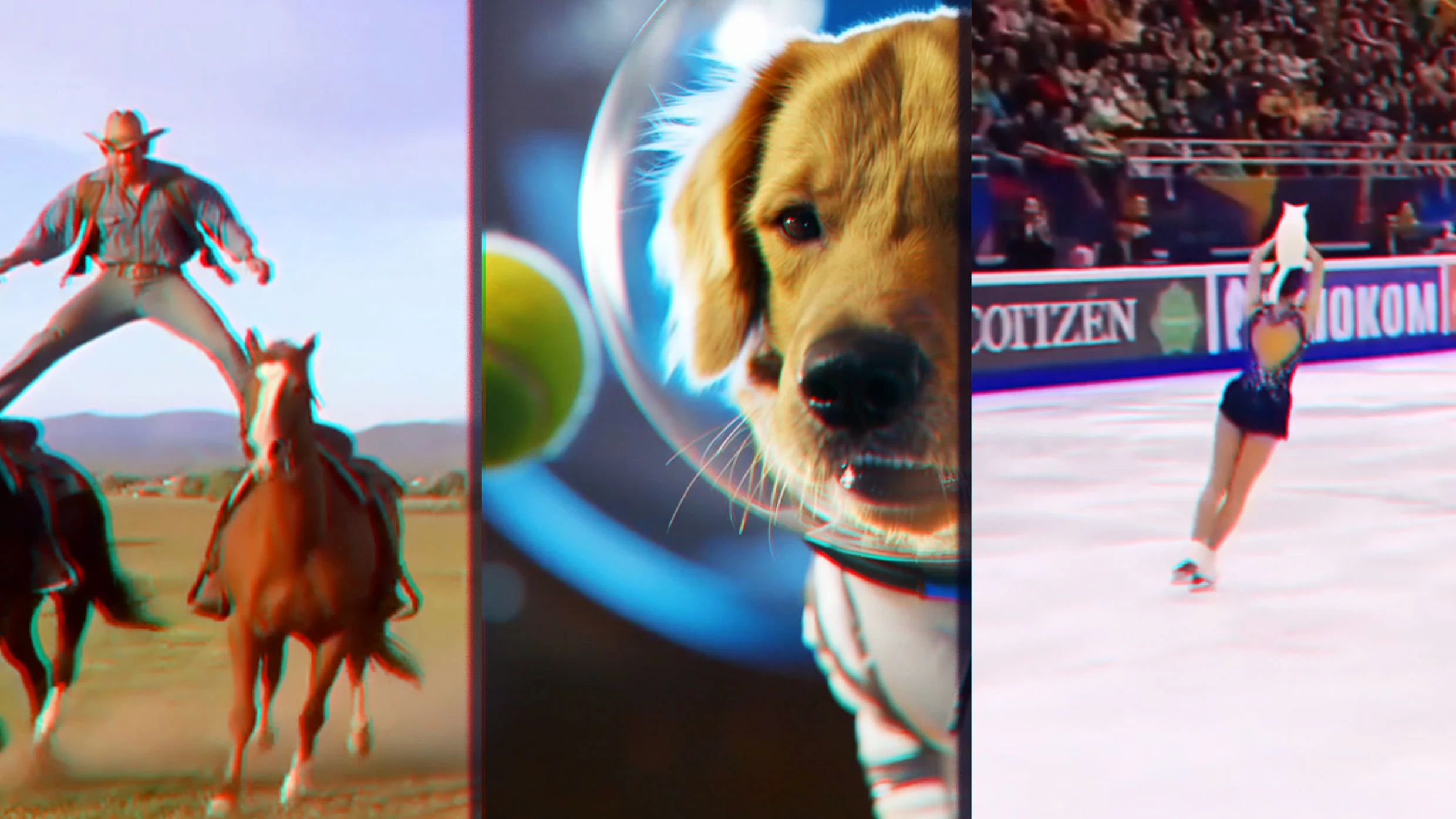
"Whether it's Sam Altman surreptitiously stealing GPUs from a Target, trying to make a break for the door under the gaze of security cameras as he tucks a box containing a valuable computer chip under his arm, or Super Mario appearing in Star Wars, the rupture in reality brought about by OpenAI's AI-generated video social network, Sora, is significant. What previously would have been decried as deepfaked videos have gone viral on social media in the last two days."
"Users, including some OpenAI employees on social media, have been revelling in their ability to create outlandish content involving real life characters - a consequence of unusually lax rules set out by OpenAI, the company behind Sora. That's despite the AI giant purporting to have some rules designed to prevent IP infringement. Social networks, which were once designed to connect us with one another and have since been subsumed by AI slop, are now looking like they're going the way of the dodo."
OpenAI's Sora enables rapid creation of AI-generated videos that blur reality by placing real people and fictional characters into fabricated scenes. Viral clips have included realistic portrayals of public figures and pop-culture crossovers, outpacing Meta's Vibes. Relaxed content rules on Sora have encouraged users, including OpenAI employees, to produce outlandish material despite promised safeguards against intellectual-property infringement. The shift toward feeds dominated by synthetic video content transforms social networks from human-centered connection platforms into streams of unreal imagery. Experts express concern that ubiquitous, high-quality synthetic media will undermine the public's ability to distinguish fact from fiction and affect collective temperament.
Read at Fast Company
Unable to calculate read time
Collection
[
|
...
]